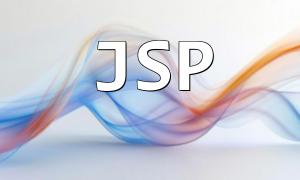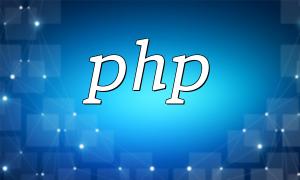Handling uncaught exceptions in PHP functions is crucial to prevent scripts from terminating unexpectedly due to fatal errors. Proper exception handling not only improves application stability but also provides meaningful error messages when something goes wrong. Common methods include using try-catch blocks, defining custom exception handlers, and setting custom error handlers.
The most straightforward way to handle exceptions is by using the try-catch structure. Code that may throw an exception is placed inside the try block, and if an exception occurs, it is caught by the catch block where it can be handled gracefully.
try {
// Code that may throw an exception
} catch (Exception $e) {
// Exception handling logic
}
When uncaught exceptions occur in your program, you can define a global handler using set_exception_handler(). This is useful for centralizing your application’s exception management.
set_exception_handler(function (Exception $e) {
// Custom exception handling logic
});
The following example shows a simple file-reading function. If the file doesn’t exist, it will trigger an exception. By wrapping it with a try-catch block, we can handle the issue gracefully instead of letting the script crash.
function read_file($file) {
try {
$contents = file_get_contents($file);
return $contents;
} catch (Exception $e) {
// Handle file not found error
echo "Failed to read file: " . $e->getMessage();
}
}
set_error_handler() allows you to define a custom error handler to intercept PHP runtime errors. Combined with the E_ALL parameter, it can capture all levels of errors for unified handling and logging.
set_error_handler(function ($errno, $errstr, $errfile, $errline) {
// Error handling logic
}, E_ALL);
Proper handling of uncaught exceptions is vital for building stable PHP applications. By effectively combining try-catch, set_exception_handler(), and set_error_handler(), developers can create more secure, fault-tolerant, and professional PHP systems.









